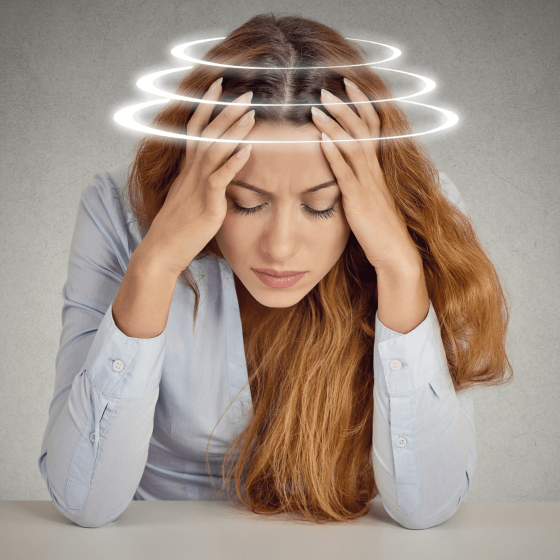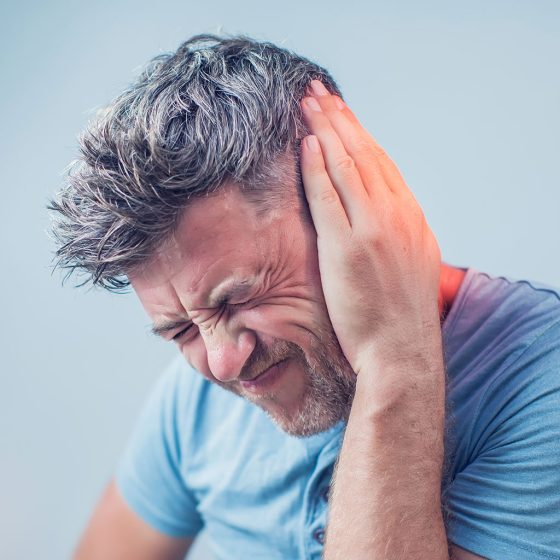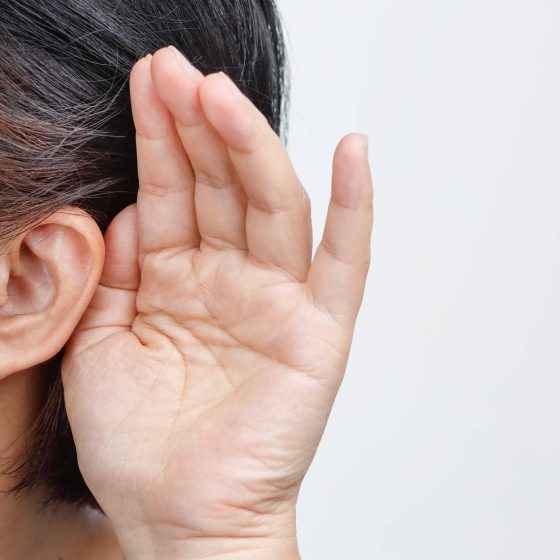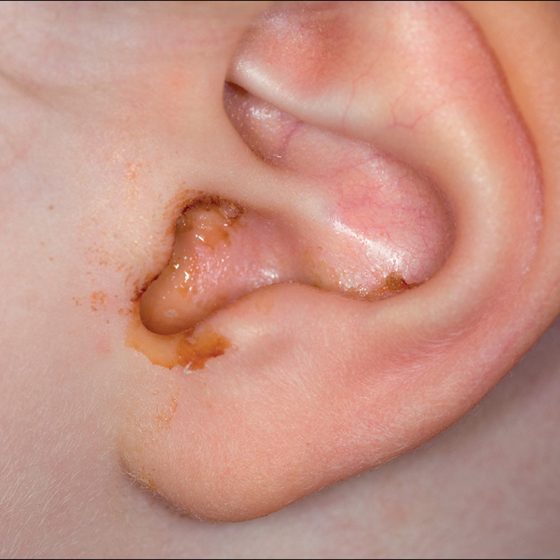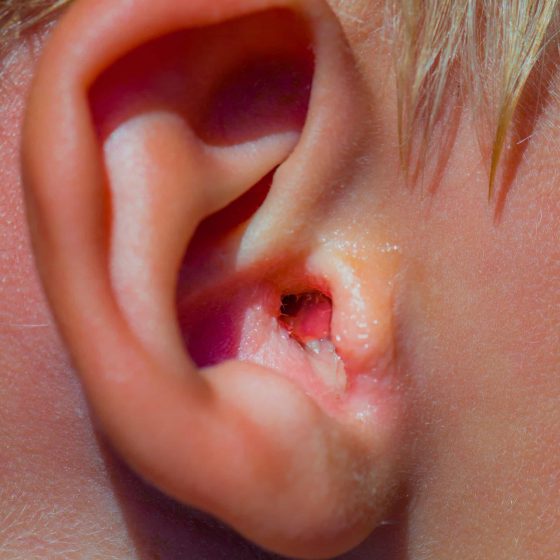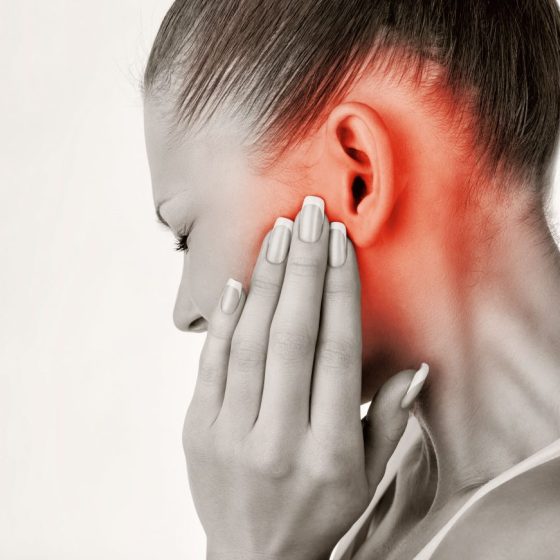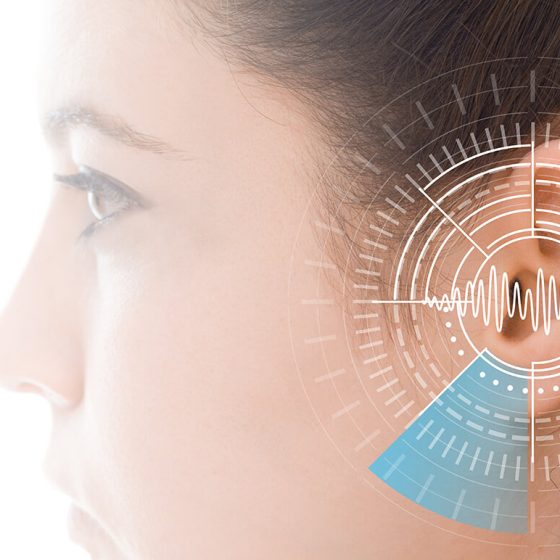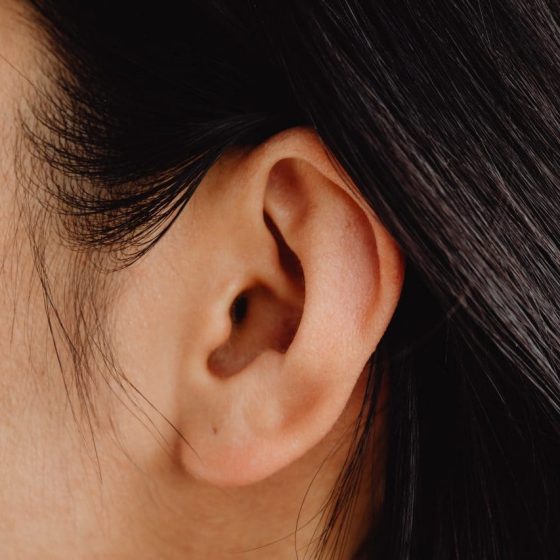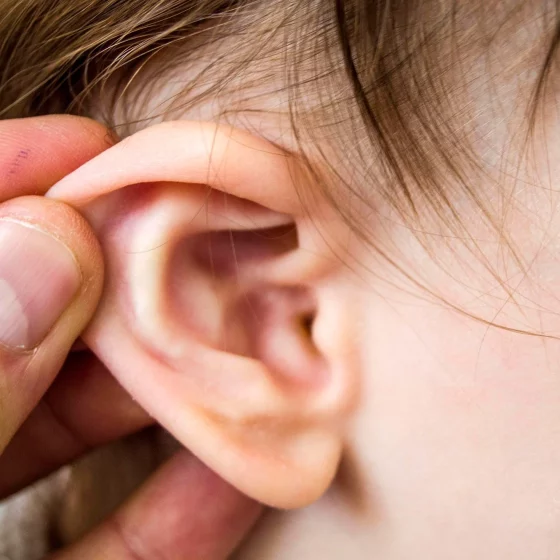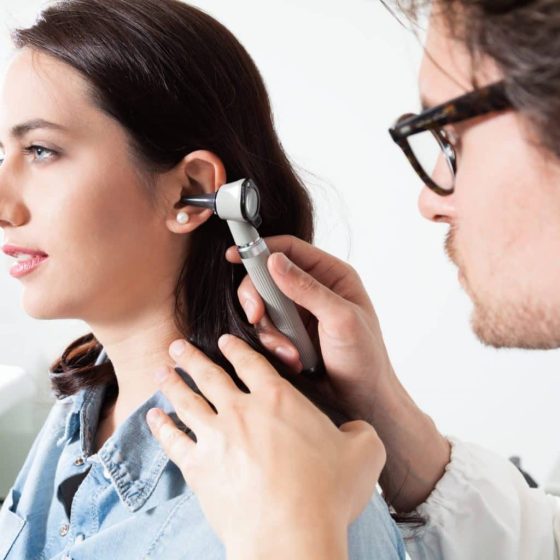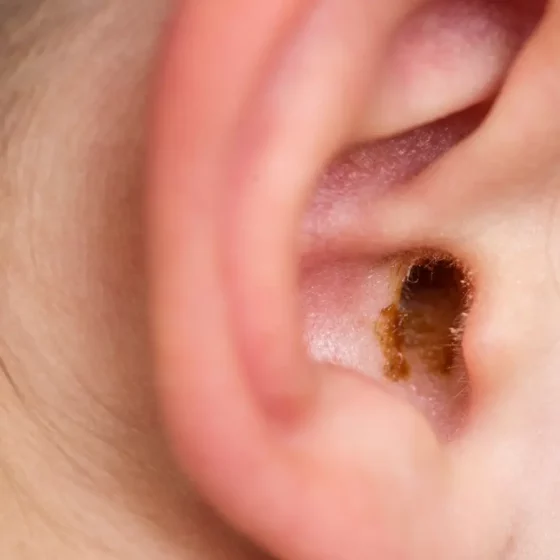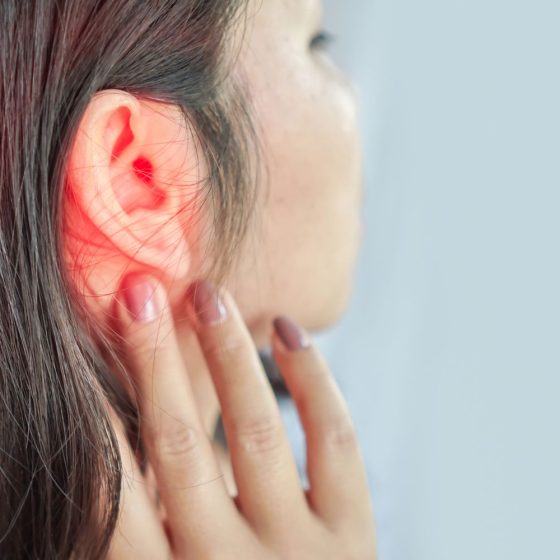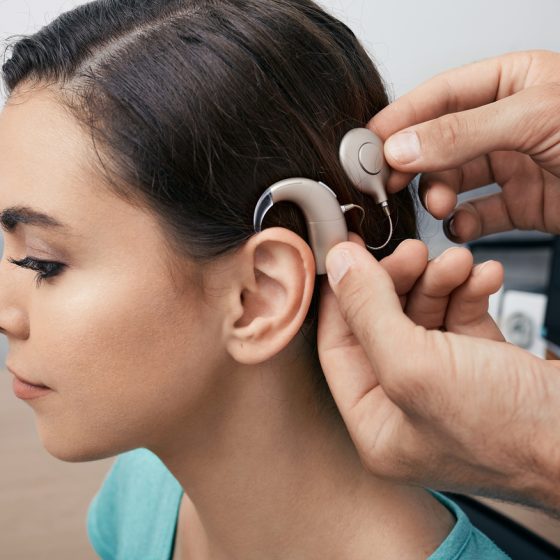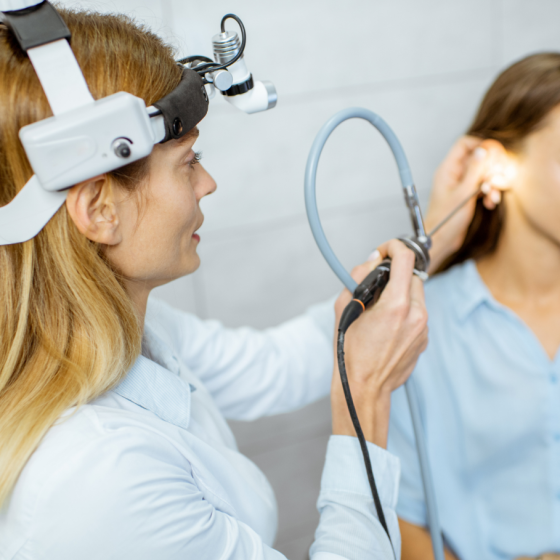Vertigo
Key facts Vertigo is a type of dizziness where you feel that the room is spinning or you are unbalanced. Vertigo can be distressing but it is not usually caused by a serious medical problem. The most common cause of vertigo is benign positional paroxysmal vertigo (BPPV). This is caused by crystals in the balance centre of your inner ear moving out of place. Vertigo often gets better without treatment. Your doctor may recommend exercises or medicines that can help. What is vertigo? Vertigo is a specific type of dizziness. If you have vertigo, you may feel like the world

